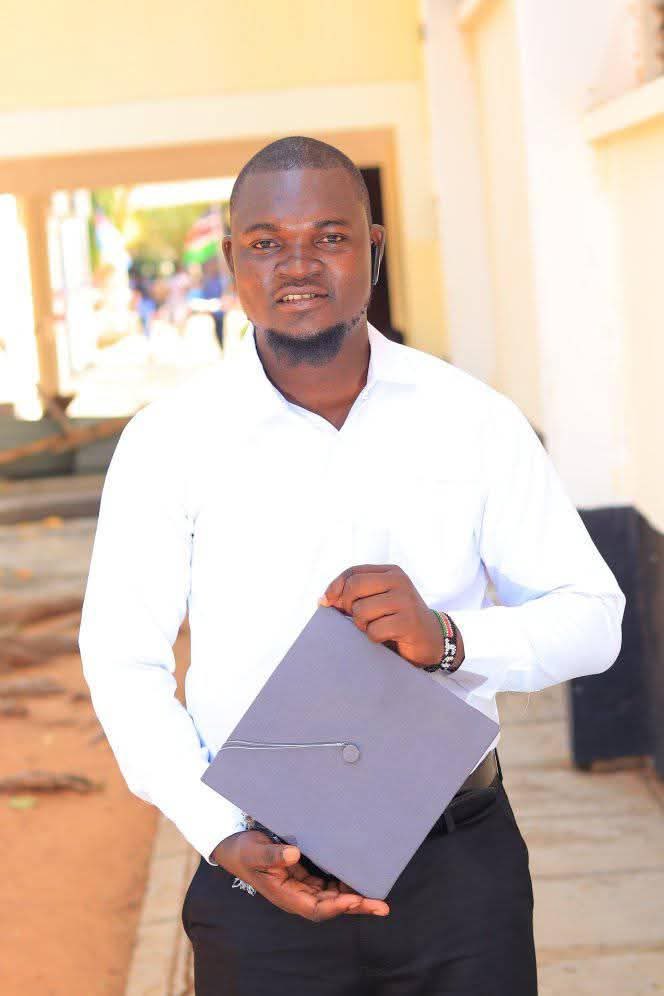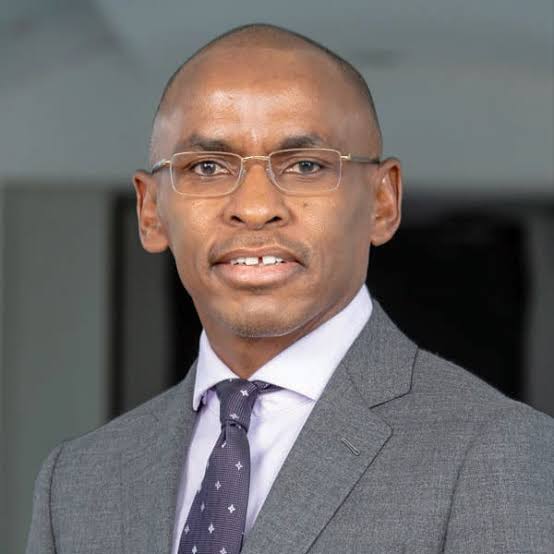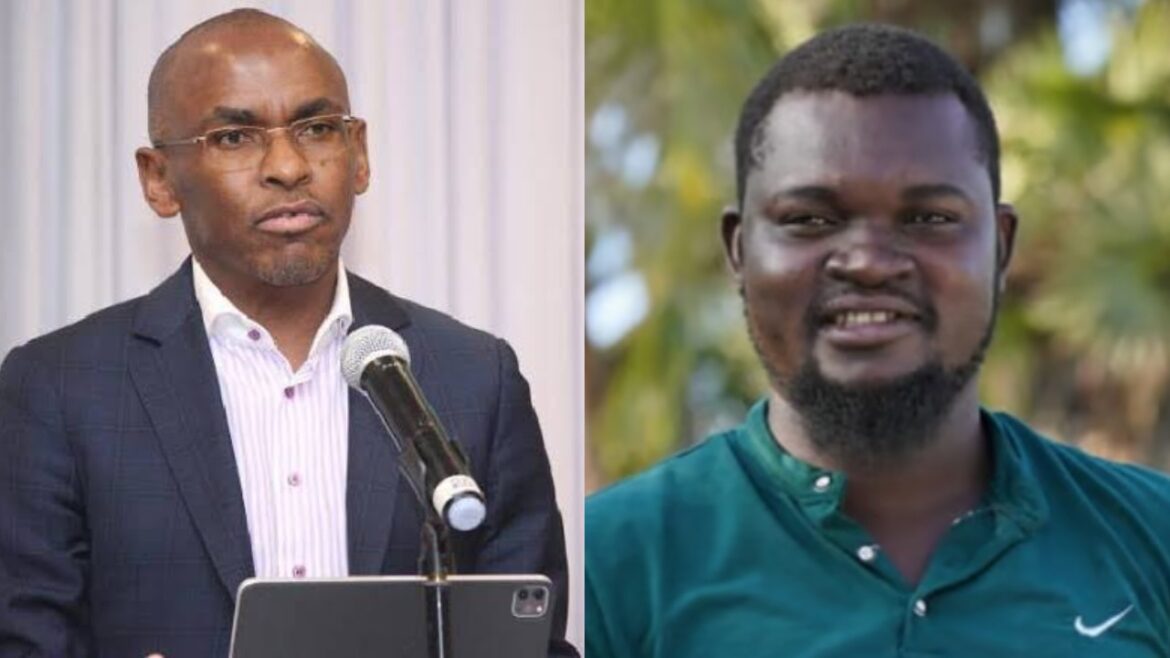Kenyans on social media have dismissed Safaricom’s denial of involvement in the arrest and death of blogger Albert Ojwang, saying the company’s words do not match their lived experiences.
Safaricom on Tuesday released a statement saying it had no contact with any security agency regarding Ojwang’s arrest. The company said it only learned of the incident from news reports. But many Kenyans are not convinced.
Ojwang, 31, was arrested in early June and later died in police custody. Police initially claimed he had taken his own life, but an autopsy later revealed he had been murdered. His death has sparked outrage and calls for justice.
Online, Kenyans said it is common knowledge that police rely on mobile data from service providers to locate and arrest suspects. Many said they switch off their Safaricom lines or remove SIM cards when they feel they are being watched.

Late Albert Ojwang posses for a photograph during a past event
Safaricom has been linked before to cases of data sharing with law enforcement. There have been long-standing claims that a special police unit operates from within the company’s headquarters in Nairobi.
According to these reports, elite officers run a small station there that helps track individuals through mobile phone data. Safaricom has never publicly confirmed or denied this claim.
The company also faced criticism after the Occupy Parliament protests on June 25, 2024, when internet and mobile services went down across the country. Safaricom blamed undersea cable cuts for the outage, but global internet monitoring groups later said no such cuts were recorded.
That same night, protests turned deadly in parts of Nairobi and Githurai, with reports of police shootings and widespread injuries. Kenyans were unable to share videos or call for help, leading many to believe the outage was intentional.

Safaricom CEO Peter Ndegwa. Photo: The Star Source: Facebook
Given this history, Safaricom’s denial in the Ojwang case has been met with widespread doubt. Many Kenyans say the company must do more to rebuild public trust and prove that it is not helping to silence voices critical of the state.



